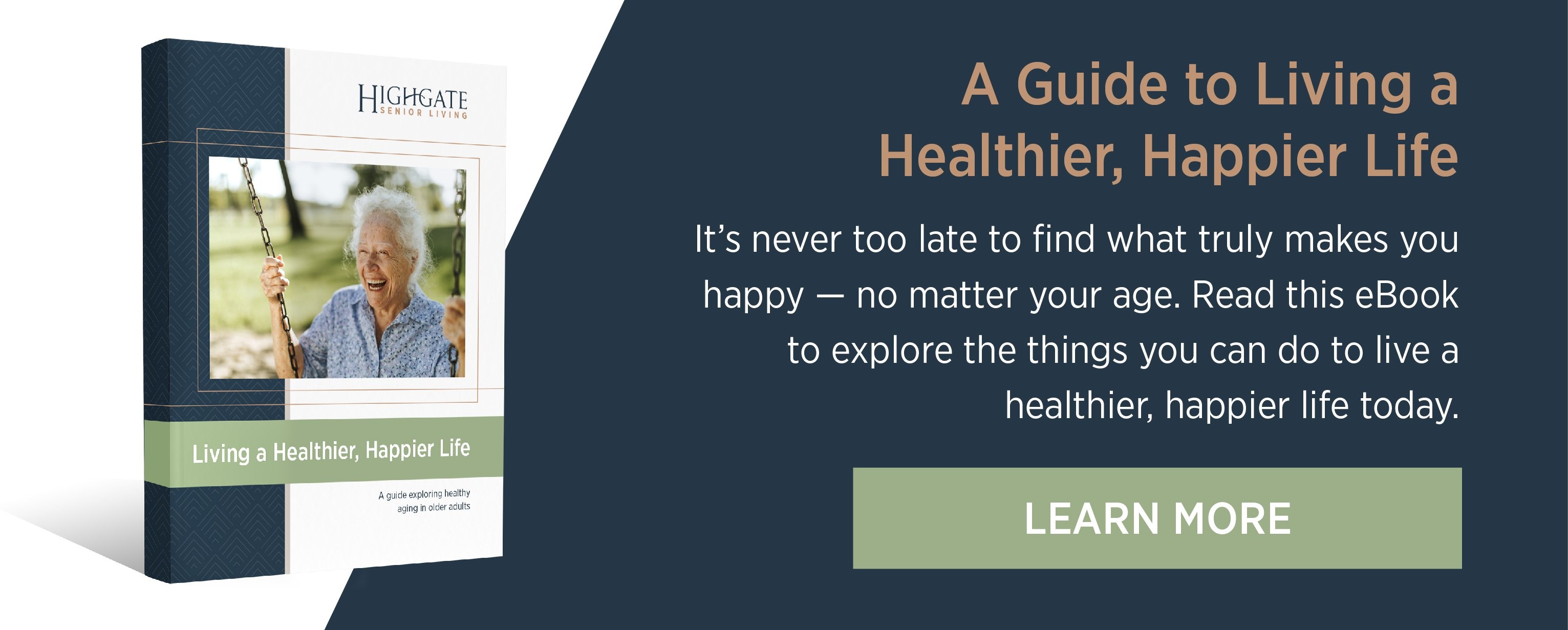
You’re just trying to help. So why is your aging parent or loved one constantly complaining or chronically negative?
It can feel really discouraging to help a parent who is constantly complaining. Many families have experienced mood changes in aging parents and for some, this may mean dealing with a parent who has become obsessively negative.
For family caregivers who provide hands-on support for aging parents, the constant negativity can cause caregivers to fall into spirals of doubt: “Am I hurting my relationship with mom more than I’m helping?” “Am I a bad caregiver to dad when I get frustrated that he’s being mean?” “Is it wrong of me to think this isn’t worth it or I don’t want to do this anymore?” “Is anything I do ever going to be good enough?” An emotionally taxing relationship with a negative parent can take a serious toll on your emotional mindset.
If you’ve ever asked these questions before, you’re not alone. And you’re not a bad son or daughter. It’s actually more common than you might think for people who are aging to have a pessimistic attitude.
Learning how to cope with a negative attitude — or how to help your aging loved one cope with aging — can prevent caregiver burnout and improve your loved one’s overall wellness.
In this blog, we’ll explore some common causes of negativity in older adults and share some tips for how to cope with it.
Common Causes of Negativity Among Older Adults
If your loved one has been a chronic complainer for years, it’s easy to think that’s just who they are or that they’re set in their ways. There might be some truth to that. After many years of being impossible to please, negativity might be the only way your loved one knows how to communicate.
If this is the case for your family, it’ll be important for you to set realistic boundaries and expectations as a caregiver. That might look like finding ways to balance your mental health while providing your loved one with what they need — or it might look like letting others take on the responsibility of caregiving.
But for many seniors, criticism and pessimism grow with age. The good news is most negative emotions — anger, disgust, fear, sadness — have a root cause. Understanding why your parent is negative will help you cope better.
Here are six common reasons why your aging mom or dad may have a negative mindset.
1. Negative Attitude About Aging
Many of us were taught from a young age to believe that aging is somehow negative, something to be endured, something that makes us less capable. Although that’s simply not true, if your loved one believes that they’ve already experienced the prime of their lives and that the time after retirement is just one long, steady decline, then they risk seeing this extra healthy and productive time as a negative.
For a more in-depth look at the challenges that older adults face when it comes to aging well in later life, download our white paper, Promoting Healthy Aging: Understanding the Challenges That Prevent Optimal Health and Wellness in Seniors.
2. Chronic Pain
Chronic pain in older adults is relatively common. If your loved one is living with arthritis, cancer, diabetes, heart disease, or has recently had surgery, they might also be living with chronic pain. Not only can it be frustrating and upsetting to have to deal with chronic pain, but the ripple effect is also profound. Pain often leads to sleep loss, which can lead to mood changes and then to depression and cognitive decline. It also often leads to decreased activity, and many older adults get frustrated when they realize that they can’t move the way they used to or if they perceive that they’re losing some of their independence.
3. Medications
Chances are your loved one is taking at least a few prescription medications. Did you know that our reactions to medications often change as we age, and older adults are more likely to experience drug side effects? They’re also more likely to take multiple medications that may or may not work well together. In some cases, the risks and side effects outweigh the rewards. Many prescription medications — especially psychiatric drugs, anti-seizure medications, statins, blood pressure medications, and even anti-inflammatories — can have serious side effects that include personality changes.
4. Anxiety, Boredom, and Depression
Do any of these sound familiar? “I can’t do anything anymore.” “I’m no good to anyone now,” “I have no purpose in life.” “Life isn’t worth living.” As your parent ages, things change. Some of their previous interests and activities may be more difficult or even become impossible to do. Difficulty getting out and about can cause isolation. Anxiety about falling might stop your parent from doing things and withdraw from life. All of this can contribute to depression. If your loved one doesn’t have social connections or a sense of purpose, it might be easy to fixate on the negative aspects of their lives or actively seek things to gripe about.
5. Urinary Tract Infection
If your loved one’s mood has changed quickly, it might be a urinary tract infection (UTI). UTIs are incredibly common in older adults, but pain, burning and a persistent urge to urinate aren’t the only signs of a UTI. Among seniors, agitation, irritability, confusion, and changes in behavior that begin suddenly are also indicators of an infection.
6. Dementia
Is your parent forgetting more than they used to? Has concentration become more difficult? Their increasing irritability might be due to the fact that they’re having difficulty with basic tasks and experiencing lapses in memory — both early signs and symptoms of dementia. In middle-stage dementia, as the brain continues to change, personality changes including anger and confusion become more common, too.
Ways to Cope with a Chronic Complainer
There’s a reason why flight attendants instruct you to put your oxygen mask on first: If you don’t care for yourself first, you won’t be able to care for others.
Making yourself a priority might make you feel uncomfortable or guilty, but try to see that as a sign that you’re on the right track. It can be tough to accept that the negative behavior is not your fault, so just keep reminding yourself that you’re doing the best you can.
If the negativity gets to be too much, try setting limits. Pay attention to what you can accept and what makes you lose energy, feel uncomfortable, or want to cry. Get clear with yourself about what the boundary is that you need to set so that you can communicate your expectations.
Once you feel like you have some balance in your life, here are things you can do to help your loved one.
1. Help Them Embrace Aging
Just because your parent has hit a certain age, which is deemed by society to be somehow old, doesn’t mean that they need to slow down in any area of their life.
To help your parent achieve a more positive outlook on getting older, encourage them to focus on what they can do, not what they can’t. Getting older might not be something they look forward to, but aging is a reality they have to face. And how they approach the passing of the years has a lot to do with their happiness and health later in life.
This blog post, “Age Is But a Number,” offers more tips for how to help your parent achieve a more positive outlook on getting older.
2. Take Them for a Checkup
Because there could be a medical reason for this change in personality, make sure your loved one sees a physician to check for changes in their health. Ask for a complete physical to uncover any potential medical problems. Possibilities include a UTI, medication side effects, neurological conditions, new onset of dementia, or a mental health problem.
3. Encourage Connection and Purpose
Work with your loved one to help them find a calling for this chapter of adulthood. Look for a hobby or pastime that fits their interests and ability levels and will keep them active, engaged, and feeling fulfilled. Taking a class or joining a club or sports team is a great way to pursue a hobby and expand their social network at the same time.
If you’re looking for more tips and activities that support aging well, download our eBook Living a Healthier, Happier Life: A Guide Exploring Healthy Aging in Older Adults. With the right information, support, and resources, your aging loved one can become the healthiest, happiest person they can be.







